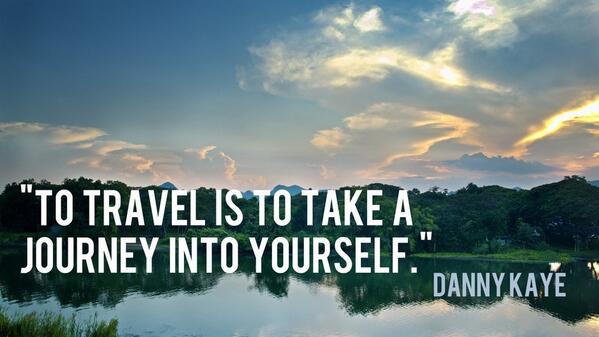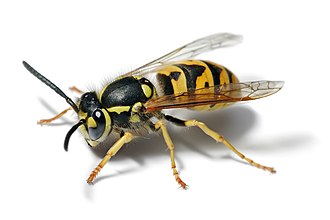The purpose of this blog is to turn Friday night dinner into Shabbat.... Please print and share.
 Two days ago, on Wednesday morning, Rabbi Reuven Biermacher went to Jerusalem's Old City.
Two days ago, on Wednesday morning, Rabbi Reuven Biermacher went to Jerusalem's Old City.At 10 am the 45-year-old immigrant from Argentina taught a group of Panamanian 16-year-olds something from the Talmud.
They were on summer vacation and their counselor came by to ask the rabbi to give them a break.
The students demurred, “No! We don’t want a break. This is the best class of the day!”
At 11 am he gave his regular Talmud class, followed by a short talk to a group of South American students.
What all three classes had in common was a beloved, wise rabbi, "full of joy and life", who cared for each of his students.
At 12:45 he left the yeshiva and headed towards Jaffa Gate, which is the main route taken by Jewish residents and tourists, and anyone else who wants to use it. The footpath outside Jaffa Gate looks like any sidewalk in any large city.
It was an unseasonably warm, sunny December day in Jerusalem.
And there, returning home to his wife and seven children, Rabbi Biermacher encountered evil.
Two young men lunged at him with knives.
Ofer Ben-Ari, 46, happened to be driving by and witnessed the attack. With only his bare hands as weapons, he ran out of his car to save the rabbi's life.
Police arrived moments later and Ben-Ari was hit by a stray bullet.
Both victims were rushed to Shaare Zedek Medical Center where they died within an hour of each other.
Biermacher's 16-year-old daughter described him as "a man of gold who never harmed anyone." One of his colleagues said in a eulogy, "He was walking example of what we all aspire to be....He was always there for everyone.... We have to take responsibility to live up to his example and make a serious change in our lives..... To look at what happened as a message to me, to think that I deserved this more than he did, and I am lucky to be here. God has chosen the best among us deliberately.... Instead of thinking, 'Am I safe or am I not safe?' we should think, "What matters is that I'm doing my job."
Ben-Ari owned a recording studio in Jerusalem and opened it free of charge to distressed youth. He also provided temporary housing for the homeless in a property he owned. He is survived by his wife and two children and here is a brief report of his funeral.
 These two tragedies leave one speechless.
These two tragedies leave one speechless.But I am not sharing them with you to make you sad, rather to foster a discussion at your dinner table. Perhaps these two questions are appropriate:
We know that everyone has to die. But is it better to die quickly and suddenly as they did (in this case as heroes), but without a chance for anyone to say goodbye? Or to suffer a period of illness first?
We all know (but don't like to think about it too much) that anyone and everyone's fortune could change in a moment. So what?
Shabbat Shalom.
PS - Funds are being established to help the two widows and nine orphans. For more info, post a comment or send an email.
Like this post? How about voting with your finger: Like it, tweet it, or just forward it.
 Recognize this critter? It’s a famous lizard called a chameleon.
Recognize this critter? It’s a famous lizard called a chameleon. The Talmud's famous chapter, "Mai Channuka? - What is Channuka?" is most famous for what it leaves out.
The Talmud's famous chapter, "Mai Channuka? - What is Channuka?" is most famous for what it leaves out. Just about every year somebody asks about the
Just about every year somebody asks about the  A couple years ago I
A couple years ago I  So
I thought that the reason I made the plane was to make a minyan. But
little did I realize there was an even bigger plan at work.
So
I thought that the reason I made the plane was to make a minyan. But
little did I realize there was an even bigger plan at work. Quick - can you name the four major layers of the atmosphere, from bottom to top?
Quick - can you name the four major layers of the atmosphere, from bottom to top? But here's something else to add:
But here's something else to add:
 This week I had the honor of attending a unique event.
This week I had the honor of attending a unique event. Did you notice
Did you notice 
 Quick - can you spot the two Jews in the photo? What about the Nazi-sympathizer?
Quick - can you spot the two Jews in the photo? What about the Nazi-sympathizer? Imagine there is a bank that credits your account each morning with $86,400.
Imagine there is a bank that credits your account each morning with $86,400. In case you didn't hear it from me last week, Shana tova - happy new year.
In case you didn't hear it from me last week, Shana tova - happy new year. Shana tova - happy new year.
Shana tova - happy new year. It
chases your unfortunate rabbi across the backyard like poor Papa
Berenstain Bear, trying to defend himself with a heavy spade against an
absolutely relentless
It
chases your unfortunate rabbi across the backyard like poor Papa
Berenstain Bear, trying to defend himself with a heavy spade against an
absolutely relentless  Greetings.
Greetings.